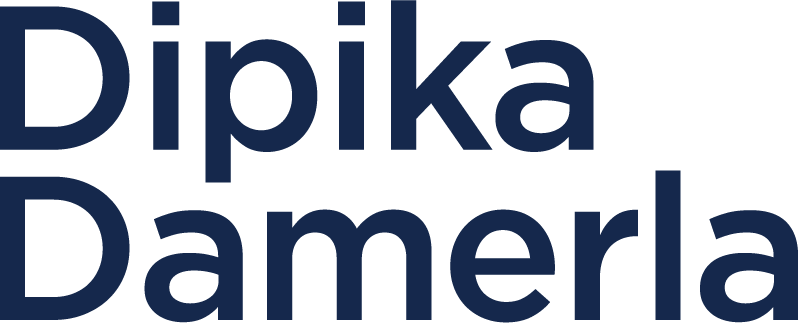Aerial Spray Aims to Save City Trees from Invasive Species
The City of Mississauga is conducting an aerial spray this spring. The spray will target and manage Lymantria dispar dispar (LDD), formerly known as gypsy moth, in affected city neighbourhoods. The spray is weather dependent and is currently set to happen between April 25 to June 12, 2022, from 5 and 7:30 a.m. The spray area consists of private and public land in Wards 1, 2, 3, 5, 6, 7, 8, 9, 10 and 11 and is roughly 2,100 hectares (5,189 acres).The total cost to implement this year’s spray is estimated at $3 million.
Over the last few years, the City has been able to control LDD caterpillar populations using Integrated Pest Management (IPM) measures, such as tree banding, tree injections, ground spraying and egg scraping. However, in certain areas of the city, these methods alone are no longer working.
Past records indicate the spray will most likely begin in second or third week of May. Each area will be sprayed twice, with the applications done approximately 7-10 days apart. Two helicopters will fly about 15 to 30 metres above the treetops to complete the spray. Spraying is weather dependent and will only be done under the right conditions. As a result, specific spray dates are chosen 48 hours in advance and can be cancelled if weather conditions change. The City will issue communications to the public 48 hours before each treatment and provide up-to-date information through 311 and online at mississauga.ca/2022spray. The spray may be cancelled up to 12 hours in advance if weather conditions change.
The aerial spray will use a biological insecticide, Foray 48B, containing the active ingredient Bacillus thuringiensis subspecies kurstaki (Btk). The spray will produce fine droplets that are small enough to stick to the leaves of trees. Btk is a naturally occurring bacterium found in soil and has been approved by the Pest Management Regulatory Agency, an agency of Health Canada, for aerial use over urban areas. Btk is an effective pesticide that has been used globally for more than 30 years to successfully manage LDD populations.
According to Health Canada, Btk treatment is considered low-risk to human health and the environment. Btk is only toxic in the caterpillar stage of the LDD life cycle and does not affect adult moths or butterflies.
Where to get updates and information:
Visit mississauga.ca/2022spray
Subscribe to the Invasive Species & Tree Pest Management news alert email to receive updates
Call 311 (or 905-615-4311 outside city limits)
For health information related to the spray, call Peel Public Health at 905-799-7700
Follow us on social media - @citymississauga and @saugaparksrec
Learn more about the City’s aerial spray program: mississauga.ca/2022spray.

